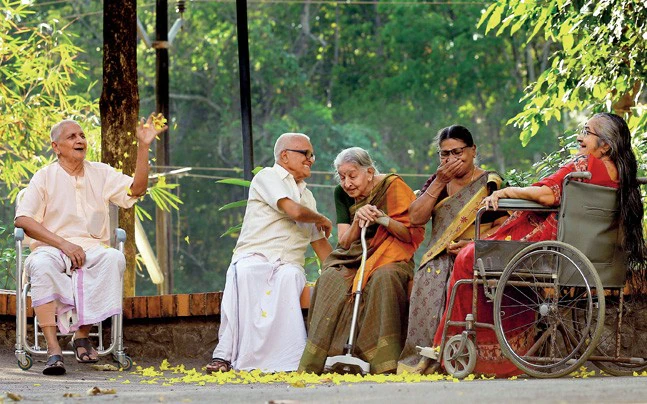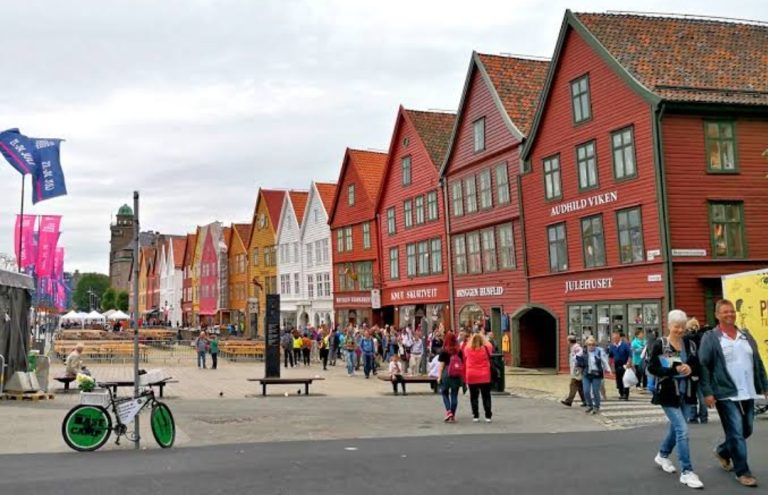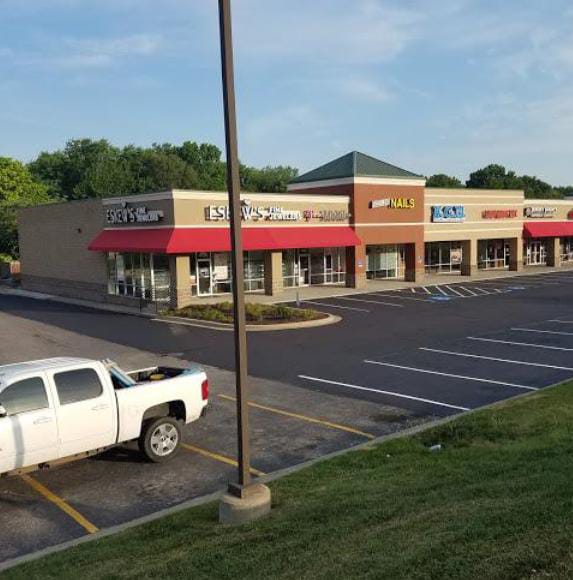Old Age Homes: A Haven for the Elderly

Contents
Introduction
Old age homes, also known as retirement homes or senior living communities, have become increasingly prevalent in our society. These institutions provide housing and care for elderly individuals who may not have family support or are unable to live independently due to various reasons.
The rise of old age homes raises important questions about our societal values, family dynamics, and the quality of care provided to our senior citizens. Some people might be against the elder care homes but literally speaking, there are a lot of advantages of old age homes.
Reasons for the Existence of Old Age Homes
Several factors contribute to the existence of old age homes. One primary reason is the changing societal structure. In modern times, nuclear families have become more common, and the traditional joint family system, where several generations live together, is diminishing.
With children often moving away for education and work, elderly parents find themselves alone and sometimes neglected. Moreover, factors like urbanization, economic constraints, and the busy lifestyles of the younger generation make it difficult for them to provide the necessary care and attention to their aging parents.
The Role of Old Age Homes
Old age homes play a significant role in providing a safe and comfortable environment for the elderly. These facilities are equipped with trained staff, medical facilities, and recreational activities tailored to meet the physical, emotional, and social needs of the residents.
In a well-run old age home, seniors can find companionship, engage in social activities, and receive the necessary healthcare, ensuring their overall well-being.
Challenges and Concerns
While old age homes offer crucial support, there are concerns associated with their functioning. Quality of care, respect for the residents’ dignity, and adequate facilities are paramount.
Issues such as staff training, funding, and government regulations need continuous attention to ensure that elderly residents receive the best possible care and live with dignity.
Promoting a Supportive Environment
To address the challenges faced by elderly individuals, it is essential for society to promote a supportive environment for senior citizens. This can be achieved through awareness campaigns, community engagement programs, and government initiatives.
Encouraging intergenerational interactions, where the young and old learn from each other, fosters a sense of belonging and understanding between generations. Additionally, policies that provide financial and emotional support to caregivers can help in maintaining elderly parents within the family structure whenever possible.
Conclusion
Old age homes are a reality in our society, offering a sanctuary for senior citizens who lack familial support or are unable to live independently. While they provide essential services, it is crucial to address the underlying reasons that lead to the need for such institutions.
By fostering a culture of respect, understanding, and support for the elderly, we can work towards a society where every senior citizen can age gracefully and be an integral part of the community, regardless of their living arrangement.
Ultimately, the goal should be to create a society where the elderly are valued, respected, and cherished, both within families and in the broader community.




